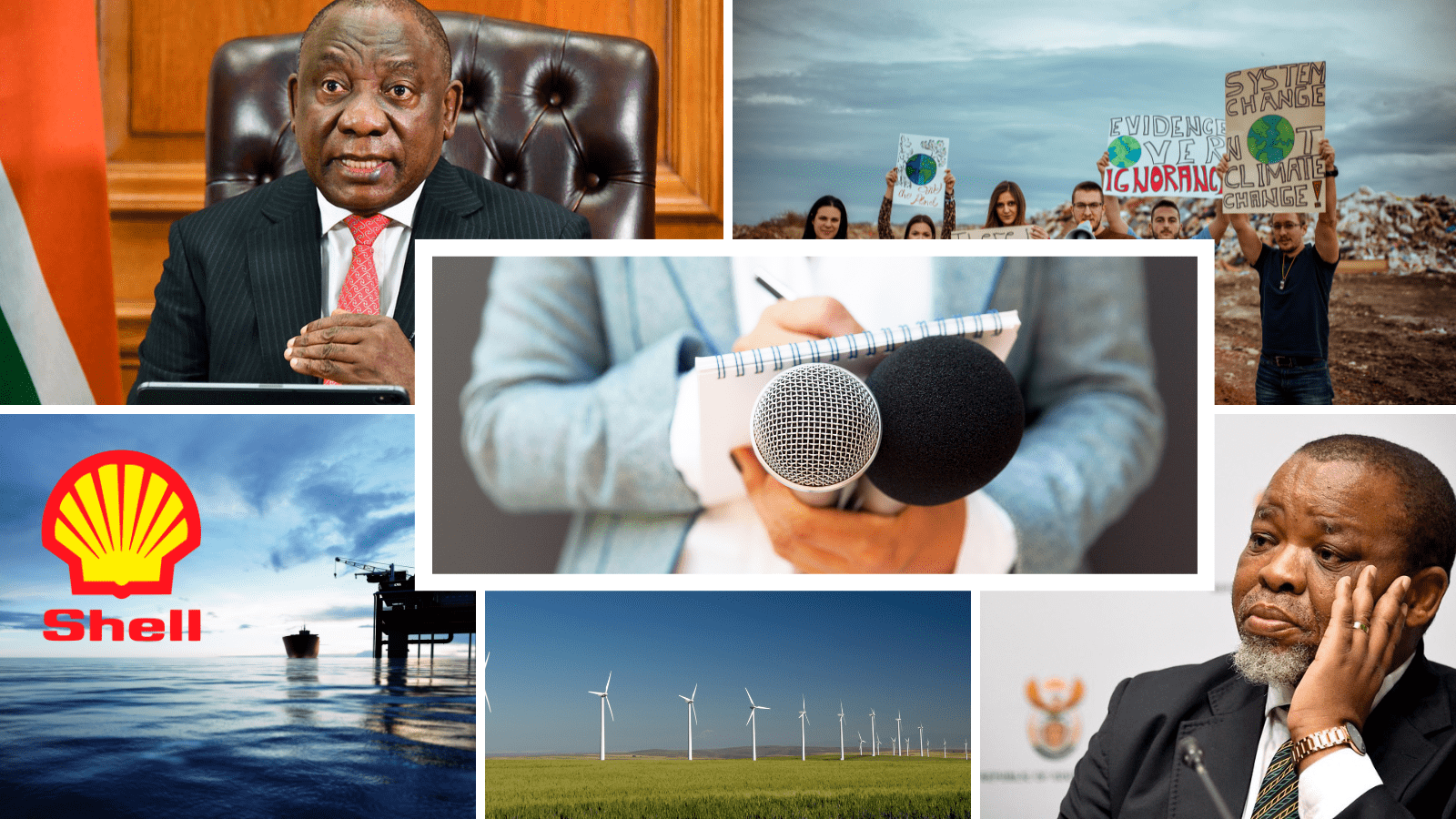As the Southeastern United States continues to grapple with the devastation caused by Hurricane Helene, communities from Florida to Tennessee are beginning the long process of recovery. Helene, which made landfall as a Category 4 hurricane late last week, has left a trail of destruction, killing more than 130 people and leaving hundreds still unaccounted for. Days after the storm hit, more than 1.4 million people remain without power, and rescue operations are still ongoing in the hardest-hit areas.
Federal Emergency Management Agency (FEMA) teams, along with state and local responders, have been working around the clock to provide aid to the affected areas. Emergency food and water supplies have been airlifted into remote regions, particularly in North Carolina, where many towns have been turned into what locals are calling “post-apocalyptic landscapes” due to flooding and landslides.
Governor Roy Cooper of North Carolina has described the situation as an “unprecedented tragedy,” with over 300 roads closed and more than 7,000 residents registering for FEMA assistance. “We’re committed to getting water, food, and other critical resources to the people who need them,” Cooper said during a press briefing on Tuesday.
Chimney Rock, North Carolina obliterated by flash flood from remnants of Hurricane Helene. 😮
— Michael Evon (@EvonDesign) September 28, 2024
Highway 9 Before and After pic.twitter.com/vLGIOh4xsz
While power restoration efforts are underway, with teams from across the country descending on the Southeast to help, full recovery is expected to take months, if not longer. South Carolina Governor Henry McMaster urged residents to be patient, noting that the scale of the damage has made repairs slow and difficult. “Help is on the way, but it’s going to take time,” McMaster said.
A tale of two leaders
In the wake of the disaster, former President Donald Trump made a high-profile visit to Valdosta, Georgia, on Monday, where he addressed local residents and repeated false claims about the current administration’s response. Trump, speaking in front of a furniture store that had been gutted by the storm, accused President Joe Biden of being unreachable during the crisis, saying Georgia Governor Brian Kemp had tried to contact Biden in vain. Kemp, however, swiftly refuted this, clarifying that he had been in contact with both President Biden and Vice President Kamala Harris, and that federal support had been offered.
President Biden, for his part, responded to Trump’s claims, calling them “irresponsible” and reaffirming his administration’s commitment to aiding recovery efforts. Speaking on Monday, Biden stated that the federal government would provide support “until the job is done,” and he pledged to visit the affected states, starting with North Carolina, as soon as it is feasible without disrupting relief operations.
A climate crisis warning
As rescue and recovery efforts continue, the storm has sparked renewed conversations about climate change and the increasing frequency of extreme weather events. Experts have noted that warmer oceans and rising temperatures contribute to the severity of hurricanes like Helene, which intensified quickly and brought unprecedented flooding to areas that are not typically vulnerable to such disasters.
⚠#HurricaneHelene hits southeastern #US: 64 people killed
— News.Az (@news_az) September 29, 2024
The hurricane began on Thursday in #Florida, then it passed through #Georgia, the #Carolinas and #Tennessee. Georgia authorities compared the consequences of the elements to a bomb explosion.
Preliminary damage from the… pic.twitter.com/mXHbMr6l4F
As former President Trump and President Biden exchange words, the focus remains on the real human cost of Hurricane Helene. For those affected, the priority is clear: recover, rebuild, and hope that storms of this magnitude can be avoided in the future. But for now, all eyes are on the ongoing rescue efforts, and the hope that those still missing will soon be found.
- Staff Reporter
- Staff Reporter
- Staff Reporter




